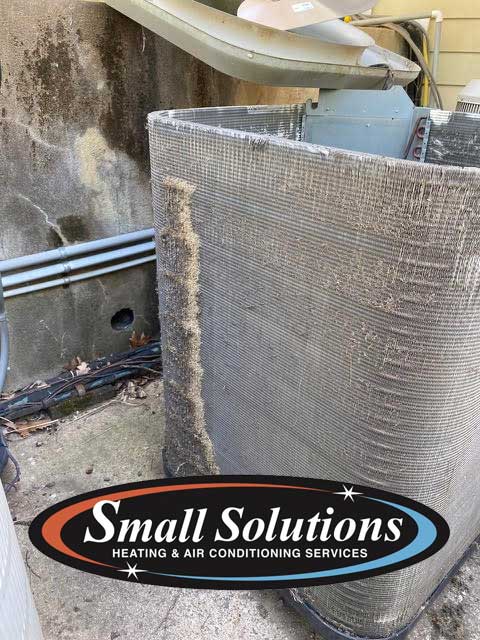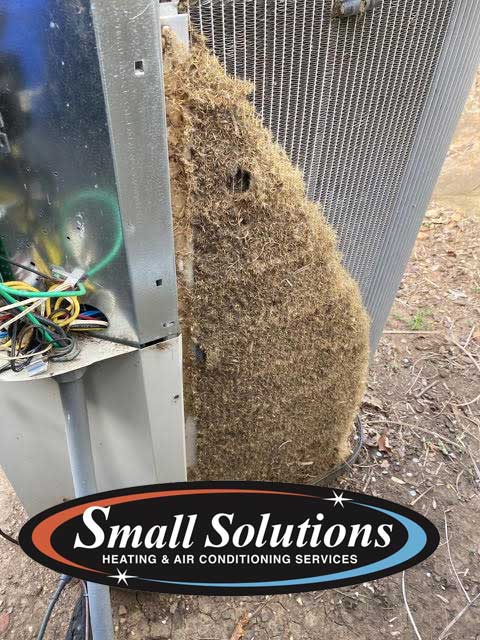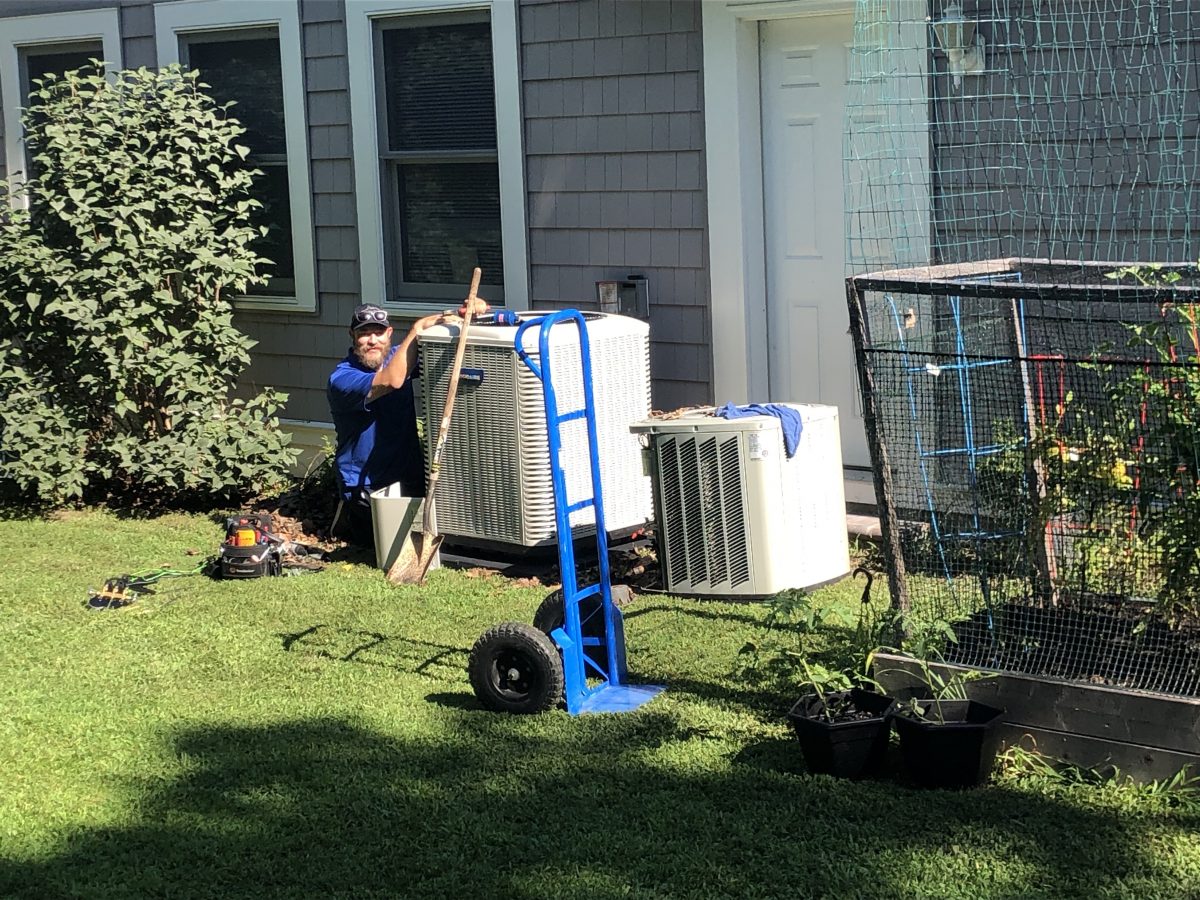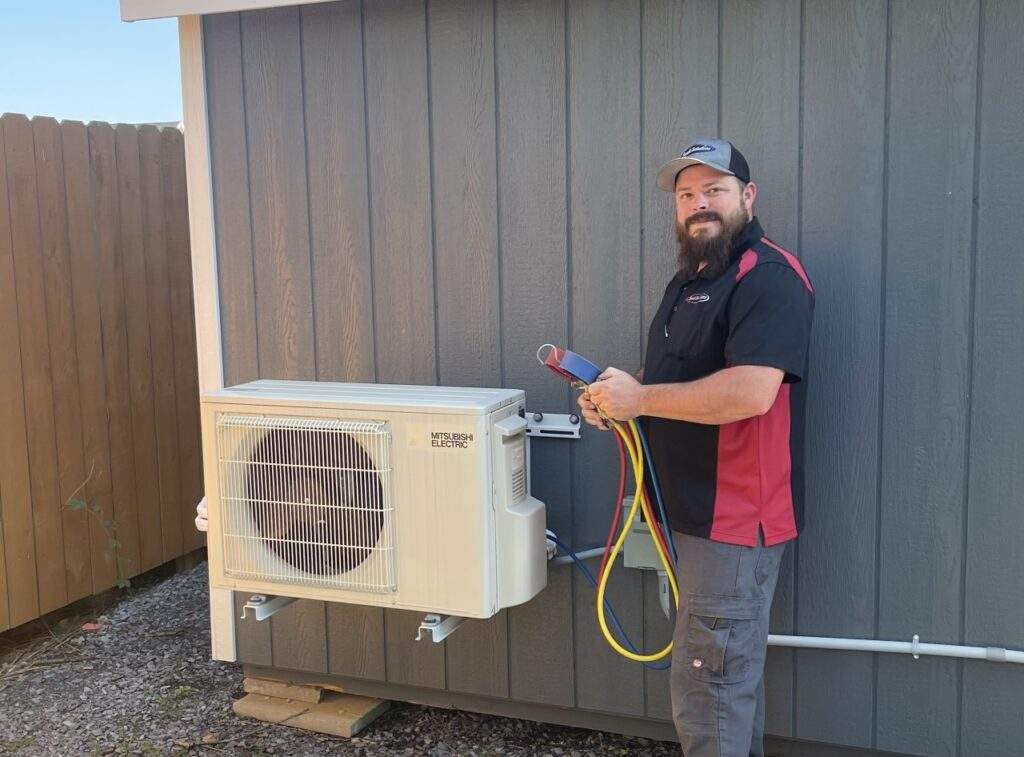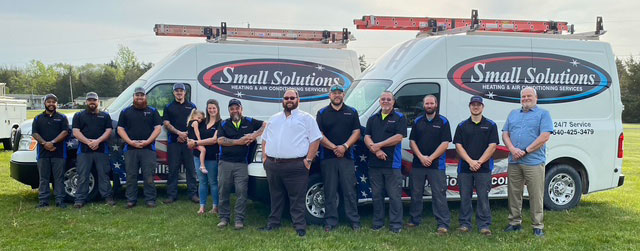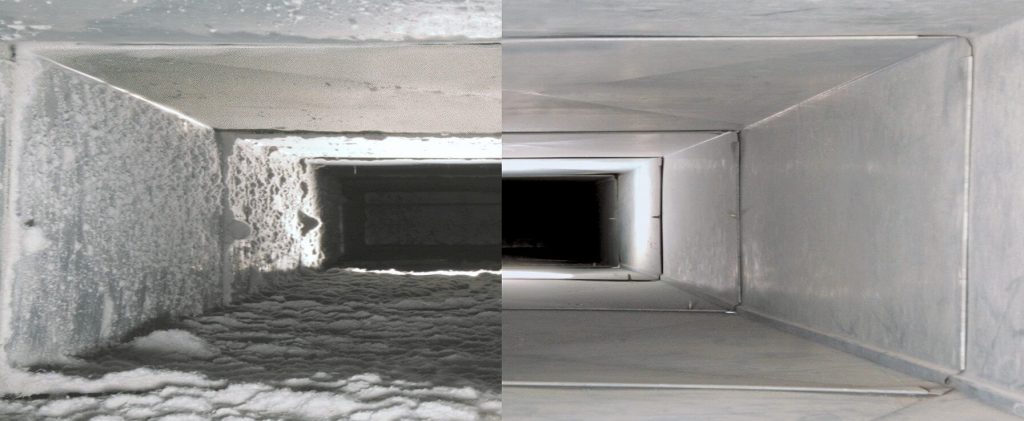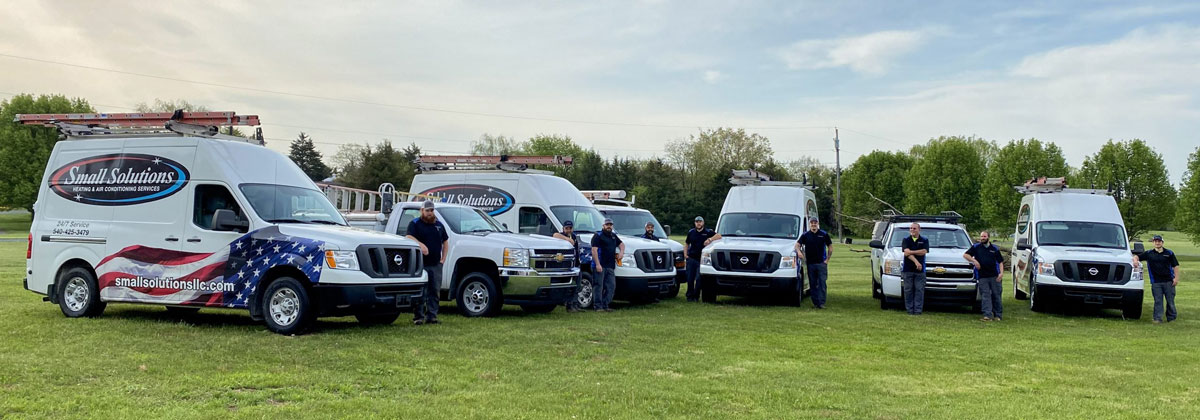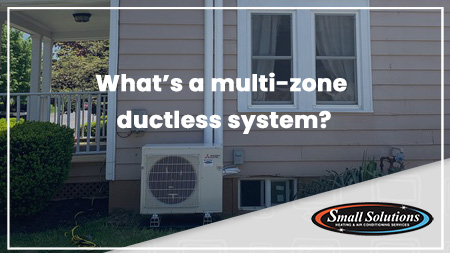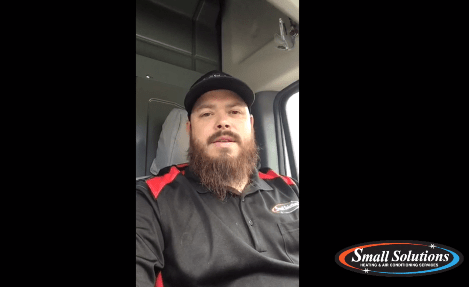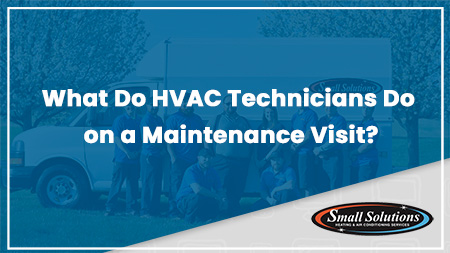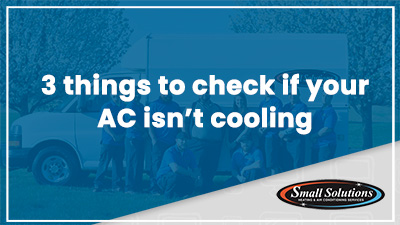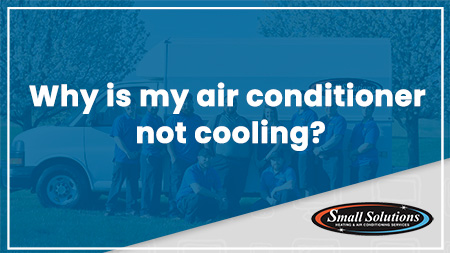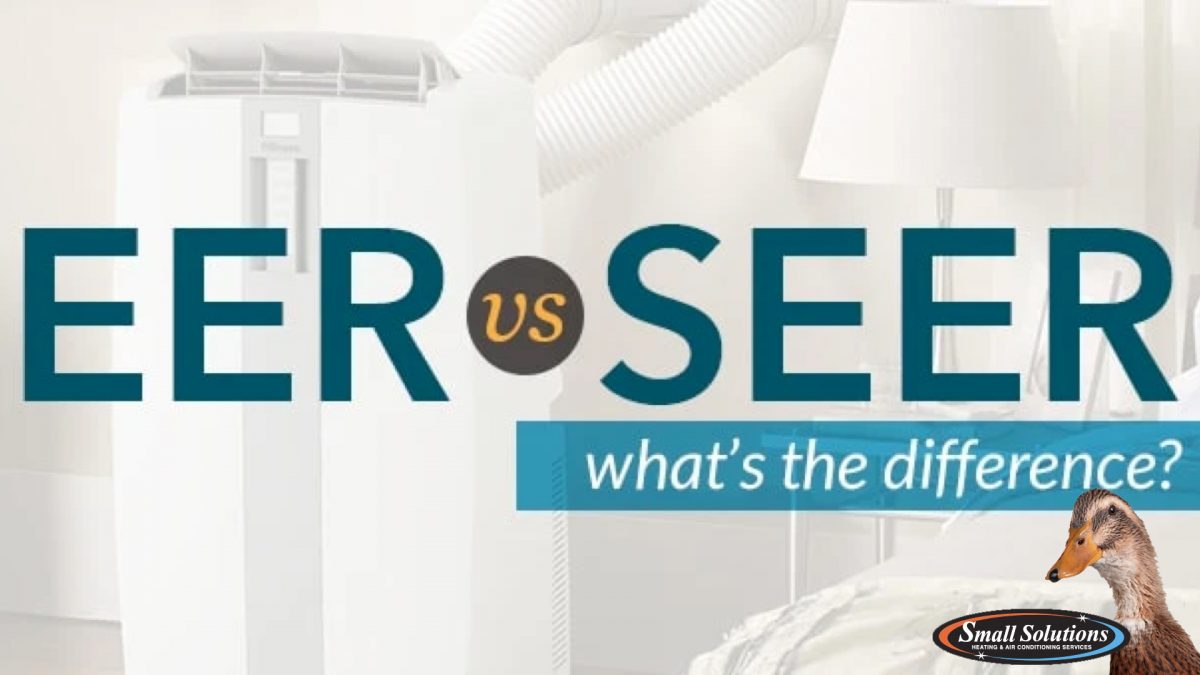Are your coils clean?
When it comes to air conditioning systems, it’s truly fascinating how the coils can attract debris like a magnet! It’s not just dust mites that love to cozy up to the coils – little pieces of grass, dirt, and other debris can really accumulate in there over the course of just a few months if the coils aren’t cleaned regularly.
It’s important to note that there are actually two different types of coils in most air conditioning systems: the evaporator coil and the condenser coil.
The evaporator coil is located inside the indoor unit of the air conditioner and its job is to absorb heat from the surrounding air. This happens when the refrigerant — a substance with excellent heat transfer properties — enters the evaporator coil as a low-pressure, cool gas. As warm indoor air flows over the coil, heat energy is transferred from the air to the refrigerant, causing it to evaporate and transform into a low-pressure, cool vapor.
The condenser coil, on the other hand, is situated in the outdoor unit of the air conditioning system.
Its purpose is to release the heat absorbed by the evaporator coil into the outdoor air. The high-pressure, hot refrigerant vapor from the compressor flows into the condenser coil and as outdoor air passes over the coil, the heat energy is transferred from the refrigerant to the air. This causes the refrigerant to condense back into a high-pressure, liquid state.
The compressor is what circulates the refrigerant between the evaporator and condenser coils. By raising the pressure of the refrigerant, it allows it to absorb heat in the evaporator coil and release it in the condenser coil. This refrigerant cycle throughout the system continues, providing a continuous cooling effect.
Overall, air conditioning coils are essential to the heat exchange process in these systems. The evaporator coil helps to cool down indoor air while the condenser coil releases absorbed heat to the outdoor environment. This cycle is what enables air conditioners to cool and dehumidify indoor air, delivering a comfortable indoor environment. To maintain the optimal cooling efficiency and system performance, regular cleaning and maintenance of coils is essential.
It’s important to note that there are actually two different types of coils in most air conditioning systems: the evaporator coil and the condenser coil.
The evaporator coil is located inside the indoor unit of the air conditioner and its job is to absorb heat from the surrounding air. This happens when the refrigerant — a substance with excellent heat transfer properties — enters the evaporator coil as a low-pressure, cool gas. As warm indoor air flows over the coil, heat energy is transferred from the air to the refrigerant, causing it to evaporate and transform into a low-pressure, cool vapor.
The condenser coil, on the other hand, is situated in the outdoor unit of the air conditioning system.
Its purpose is to release the heat absorbed by the evaporator coil into the outdoor air. The high-pressure, hot refrigerant vapor from the compressor flows into the condenser coil and as outdoor air passes over the coil, the heat energy is transferred from the refrigerant to the air. This causes the refrigerant to condense back into a high-pressure, liquid state.
The compressor is what circulates the refrigerant between the evaporator and condenser coils. By raising the pressure of the refrigerant, it allows it to absorb heat in the evaporator coil and release it in the condenser coil. This refrigerant cycle throughout the system continues, providing a continuous cooling effect.
Overall, air conditioning coils are essential to the heat exchange process in these systems. The evaporator coil helps to cool down indoor air while the condenser coil releases absorbed heat to the outdoor environment. This cycle is what enables air conditioners to cool and dehumidify indoor air, delivering a comfortable indoor environment. To maintain the optimal cooling efficiency and system performance, regular cleaning and maintenance of coils is essential.
